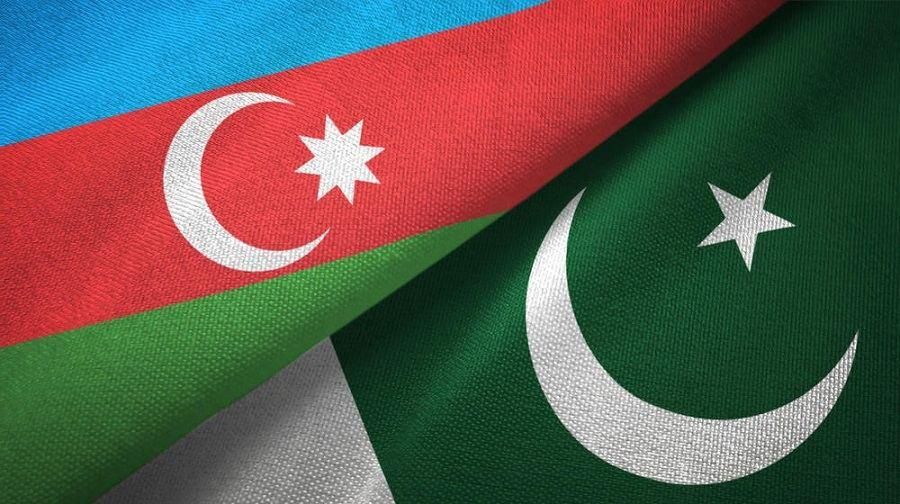Azerbaijan continues to solidify its role as a proactive and collaborative regional player, nurturing fruitful bilateral and multilateral relationships. Among its strategic partnerships, the ties with Pakistan stand out as a prime example of enduring friendship rooted in shared values, historical solidarity, and converging geopolitical interests.
The relationship between Azerbaijan and Pakistan is not merely diplomatic but deeply anchored in the principles of brotherhood and mutual respect, developed over decades. Pakistan was among the very first countries to recognize Azerbaijan’s independence, underscoring its long-standing support for Baku on the international stage. This support gained renewed significance during the 44-day Patriotic War in 2020, when Pakistan unequivocally defended Azerbaijan’s territorial integrity in various international forums - a testament to the political and moral solidarity between the two nations.
At the recent 17th Economic Cooperation Organization (ECO) Summit held in Khankendi, the Pakistani Prime Minister Muhammad Shahbaz Sharif highlighted the importance of this partnership, emphasizing the commitment to deepen collaboration in trade, investment, culture, education, healthcare, and water resource management. His statements reflect an ambitious vision for expanding the bilateral agenda beyond traditional political cooperation into comprehensive socio-economic integration.
The signing of the Memorandum of Understanding (MoU) on investment cooperation between Azerbaijan and Pakistan is a significant milestone, signaling a concrete step towards operationalizing these ambitions. Announced by Azerbaijan’s Minister of Economy Mikayil Jabbarov and signed jointly with Pakistan’s Deputy Prime Minister and Foreign Minister Mohammad Ishaq Dar, the MoU formalizes a framework to boost economic engagement and attract investments in strategically vital sectors.
This deepening of economic ties between Azerbaijan and Pakistan can be understood in the broader context of shifting regional geopolitics and economic diversification strategies pursued by both states. For Azerbaijan, expanding its economic partnerships is crucial for sustaining post-conflict reconstruction efforts and integrating the liberated territories into the national economy. Pakistan, meanwhile, views Azerbaijan as a gateway to the resource-rich Caucasus and a partner in regional connectivity initiatives that complement its own vision of economic corridor development.
Moreover, both countries share concerns regarding regional stability and security, particularly in light of their respective geopolitical environments. This partnership provides a platform for coordinated diplomatic efforts within international organizations such as ECO, where both nations hold significant influence. Their collaboration in such multilateral settings allows them to jointly advocate for common interests, including counterterrorism, trade facilitation, and sustainable development.
The MoU on investment cooperation is also reflective of a pragmatic economic diplomacy approach. It encourages private sector involvement and joint ventures that could stimulate innovation, job creation, and technology transfer. As energy, infrastructure, and digital transformation emerge as global priorities, Azerbaijan and Pakistan are well-positioned to capitalize on complementarities, leveraging their geographic locations as transit hubs linking Asia and Europe.
However, challenges remain. The evolving geopolitical landscape, especially the unresolved conflicts in the region and shifting alliances, require both countries to maintain a flexible yet principled foreign policy. Continued diplomatic engagement and the institutionalization of agreements like this MoU will be critical to translate political goodwill into tangible economic outcomes.
The Azerbaijan-Pakistan relationship exemplifies a strategic partnership that goes beyond rhetoric. The recent developments under the ECO framework and the signing of key agreements reflect a shared commitment to fostering robust economic cooperation and regional integration. As both nations pursue ambitious development agendas, their alliance is poised to become a stabilizing force and a model of South-South cooperation in a complex and dynamic region.

